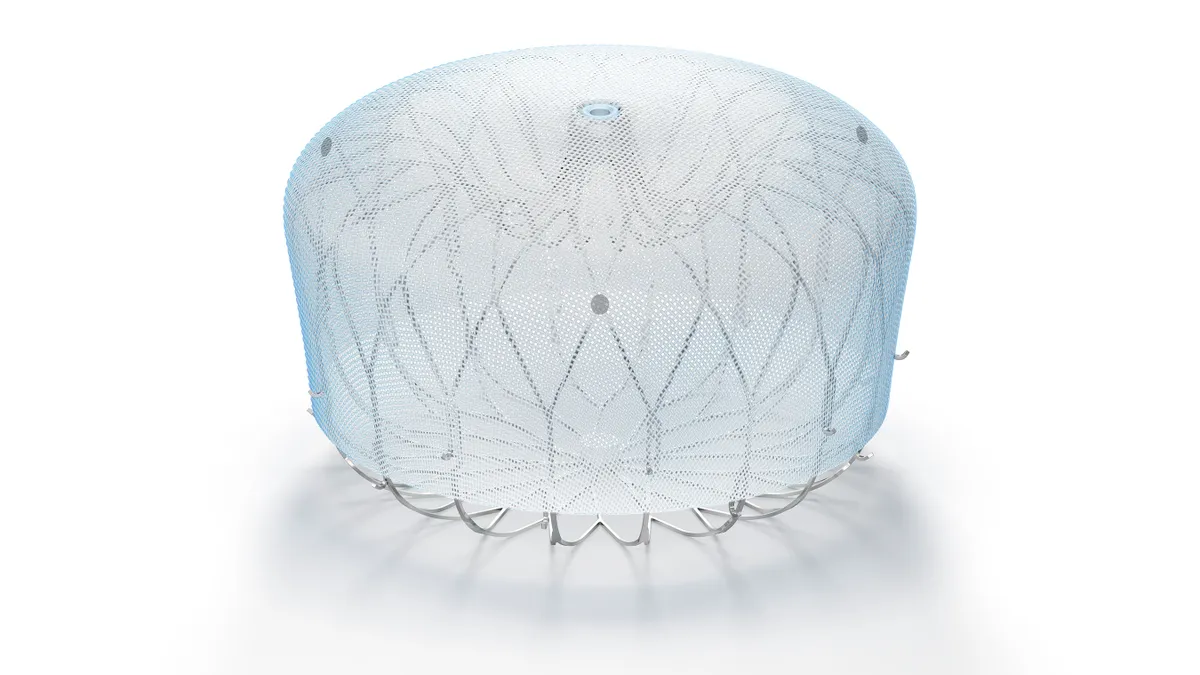Dive Brief:
- California Gov. Gavin Newsom on Sunday signed legislation that aims to stop dialysis providers from steering Medicare-eligible patients to organizations that pay their premiums if they sign up for private health insurance.
- Assembly Bill 290 limits reimbursement rates to Medicare levels for certain care providers, including dialysis and addiction treatment clinics, to discourage the practice of steering. It also requires health plans to accept patient premium payments from charities.
- Fresenius Medical Care North America called the bill "flawed legislation" that will hurt dialysis patients who rely on charitable premium assistance.
Dive Insight:
California’s new law accomplishes what the insurance industry and groups including the Service Employees International Union have pushed for at the national level. Those groups want HHS to reconsider policies they argue allow financially interested third parties such as the American Kidney Fund to steer patients into commercial coverage to the benefit of dialysis providers that profit from higher reimbursement.
End-stage renal disease patients qualify for Medicare yet large dialysis centers owned by DaVita and Fresenius in California were being reimbursed more than four times what they would have received through the federal program for the elderly and disabled, Democratic State Assembly Member Jim Wood, who sponsored the state’s bill, said in a statement after the Democratic governor signed the legislation.
Dialysis patients in the state were steered to commercial insurers by the American Kidney Fund, which receives more than 80% of its revenue from DaVita and Fresenius, according to Wood. The new law will stop dialysis clinics from reaping excessive profits and pushing up the cost of healthcare, he said.
Fresenius, in a statement after the bill’s signing, said the charitable support ensures patients can afford increasing out-of-pocket insurance costs and maintain access to care. The company said it is also concerned that the new law will result in dialysis patients only being able to access care at hospitals due to lack of insurance coverage.
The American Kidney Fund last month lobbied the White House on a forthcoming HHS proposed rule on third party financial assistance to end-stage renal disease patients. The organization wants patients to be allowed to remain on private insurance, arguing they are more likely to get a transplant that way.
California’s action comes three months after President Donald Trump signed an executive order in which he called kidney disease care a "core national priority." The administration's plan creates incentives to encourage more kidney transplants and home dialysis and to reduce dependence on high-cost dialysis centers.
As part of the initiative, CMS introduced five new payment models, one mandatory and four voluntary, that would adjust Medicare payments to providers and clinicians. The required model ties payments to home dialysis and kidney transplant rates. Current CMS payment systems favor in-center hemodialysis for patients beginning dialysis.
About 15% of U.S. adults have some form of kidney disease, according to the Centers for Disease Control and Prevention. It was the country's ninth leading cause of death in 2017. The government's goal is to reduce the number of Americans with end-stage renal disease by 25% by 2030.











